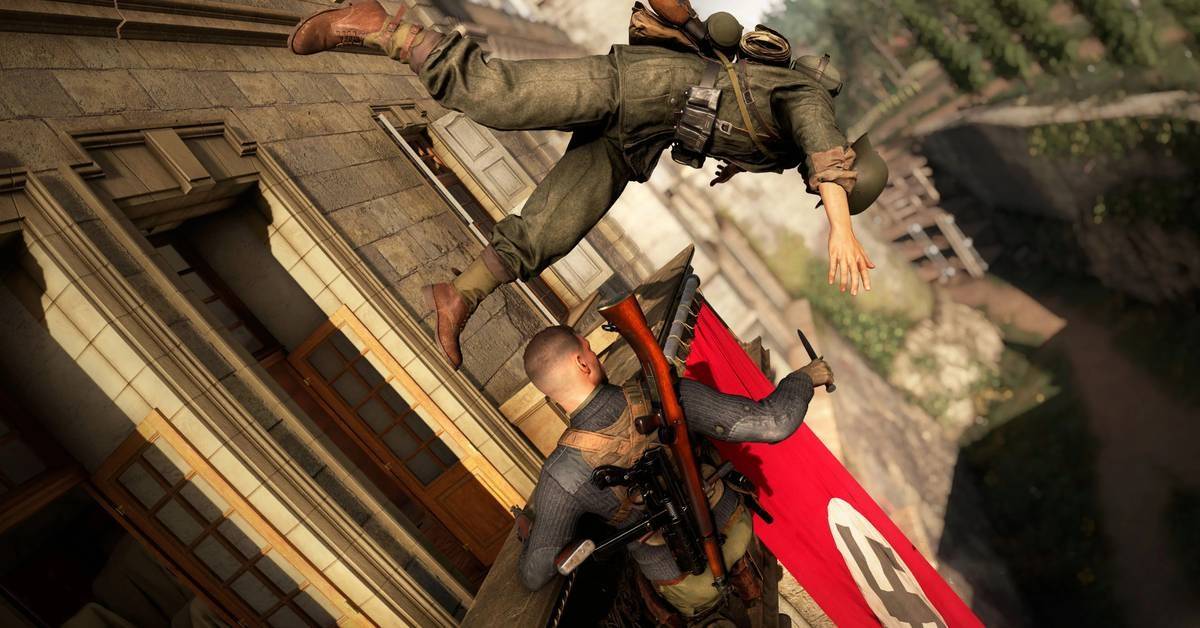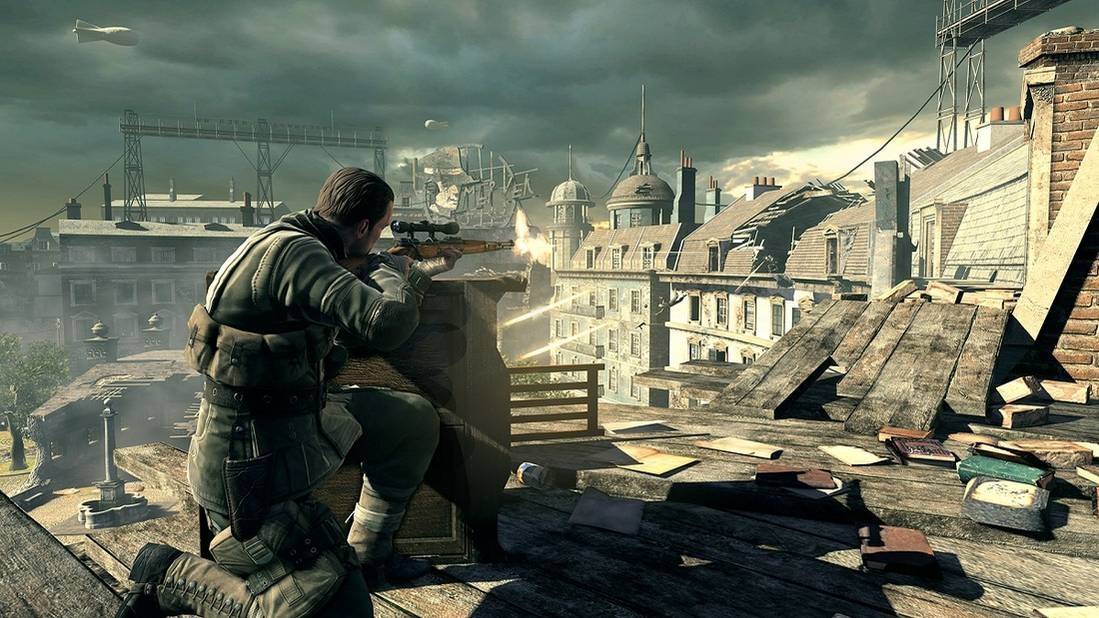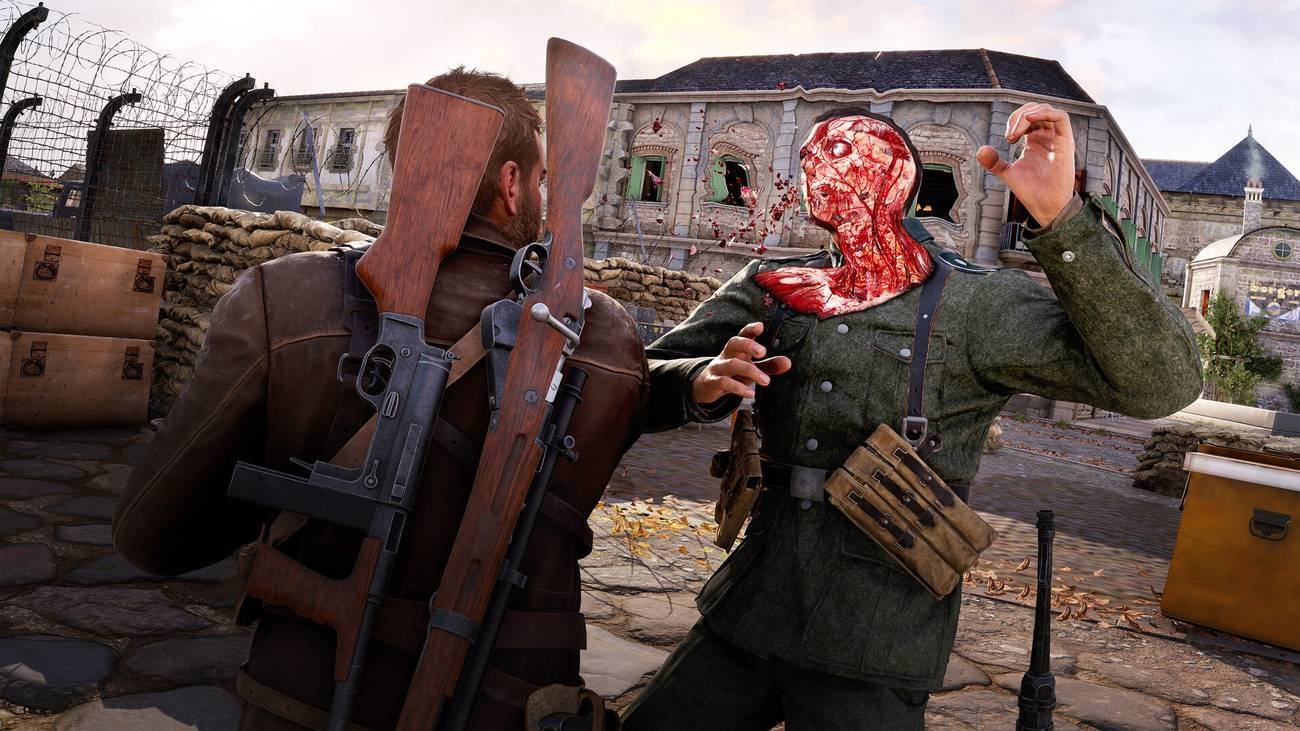The End of the World War: Rebellion’s Intent to Move the Sniper Elite Franchise Beyond the Third Reich
Popular Now
 Free Fire
Free Fire
 BeamNG.drive
BeamNG.drive
 Genshin Impact
Genshin Impact
 The Legend of Zelda
The Legend of Zelda
 Counter-Strike 2
Counter-Strike 2
 EA SPORT FC 25
EA SPORT FC 25
 Fall Guys
Fall Guys
 Auto X Drift Racing 3
Auto X Drift Racing 3
 Stumble Guys
Stumble Guys
 Black Myth: Wukong
Black Myth: Wukong 
After two decades of headlining the World War II (WWII) shooter game genre, Rebellion Developments, the studio behind the highly successful Sniper Elite franchise, is signaling a major pivot in its long-term strategy. While the series’ most recent installment, Sniper Elite: Resistance (January 2025), continued the saga of OSS agent Karl Fairburne against the dwindling forces of the Third Reich, a fundamental shift is underway. The developers are expressing a clear desire to retire the series’ reliance on Nazi history and explore new, non-WWII settings, a move that reflects the broader video game industry’s evolving landscape and commercial priorities.
 The Commercial Catalyst: A New Post-War IP Takes the Lead
The Commercial Catalyst: A New Post-War IP Takes the Lead
The key factor driving Rebellion’s new vision is the significant success of their new IP, Atomfall. Released on March 27, 2025, Atomfall is a single-player survival-action game set in a fictionalized nuclear quarantine zone in 1950s Britain. This post-war, science-fiction, and folk-horror blend has been lauded as an innovative and financially triumphant launch for the studio, with Rebellion itself stating it was their “most profitable launch ever.”
- A Strategic Diversification: The success of Atomfall proves that Rebellion can deliver high-quality, commercially viable console gaming experiences that do not rely on the established WWII setting. This triumph has emboldened the studio to pursue new narrative frontiers, mitigating the risk of franchise fatigue that often plagues long-running series.
- The Future of the Shooter Genre: Atomfall is a stark contrast to Sniper Elite, leaning into open-world exploration, scavenging, and a mystery-driven narrative with experimental gameplay elements that influence the world state. This demonstrates a strategic intent to compete in the rapidly growing survival game and open-world shooter market segments, which boast consistently high-value search terms and user engagement.
This strategic shift suggests that any potential Sniper Elite 6 would either introduce a new protagonist and a completely new historical or contemporary setting, or the core mechanics might be retrofitted into a wholly original non-WWII IP, much like they did with the Zombie Army spin-offs.
 Creative Fatigue and Evolving Player Demands
Creative Fatigue and Evolving Player Demands
Beyond the business case, the move away from the conflict’s most infamous regime is also driven by creative necessity and player sentiment. The market has been saturated with WWII media, and while Sniper Elite’s authentic sniping mechanics remain a powerful draw, the repetitive mission structures and settings are increasingly seen as a limiting factor.
The Core of the Change:
- New Theaters and Eras: Discussions among the PC gaming community frequently call for a change of scenery. Fan suggestions point to the Eastern Front, the Pacific Theater, or even a Cold War setting, which would allow the developers to retain the franchise’s signature elements while providing fresh environmental and narrative challenges.
- Redefining the Franchise: Experts suggest that Sniper Elite must “pull a Hitman”—radically reforming its core structure to embrace more intricate, complex gameplay mechanics. This would involve moving beyond simple objective markers to a more organic, clue-based assassination system that increases player choice and reactivity within the level design.
- A Modern Ethical Stance: Continued focus on the Third Reich, while historically accurate, inevitably attracts scrutiny regarding the representation of historical atrocities, particularly given the varying international laws concerning the display of certain symbols in games. Moving to a fictional or less-tread conflict provides a clean slate, allowing the studio to concentrate purely on delivering a premium tactical shooter experience.
The developers at Rebellion have established a strong reputation for delivering satisfying, visceral action-adventure titles. By successfully launching Atomfall and strategically shifting their focus away from the constraints of WWII history, they are making a smart, forward-thinking investment in the future of gaming. The next iteration of the franchise—whatever its title or setting—will be a definitive test of how a classic gaming franchise can evolve for a new generation of players and a multi-billion dollar shooter games market.







 The Commercial Catalyst: A New Post-War IP Takes the Lead
The Commercial Catalyst: A New Post-War IP Takes the Lead Creative Fatigue and Evolving Player Demands
Creative Fatigue and Evolving Player Demands